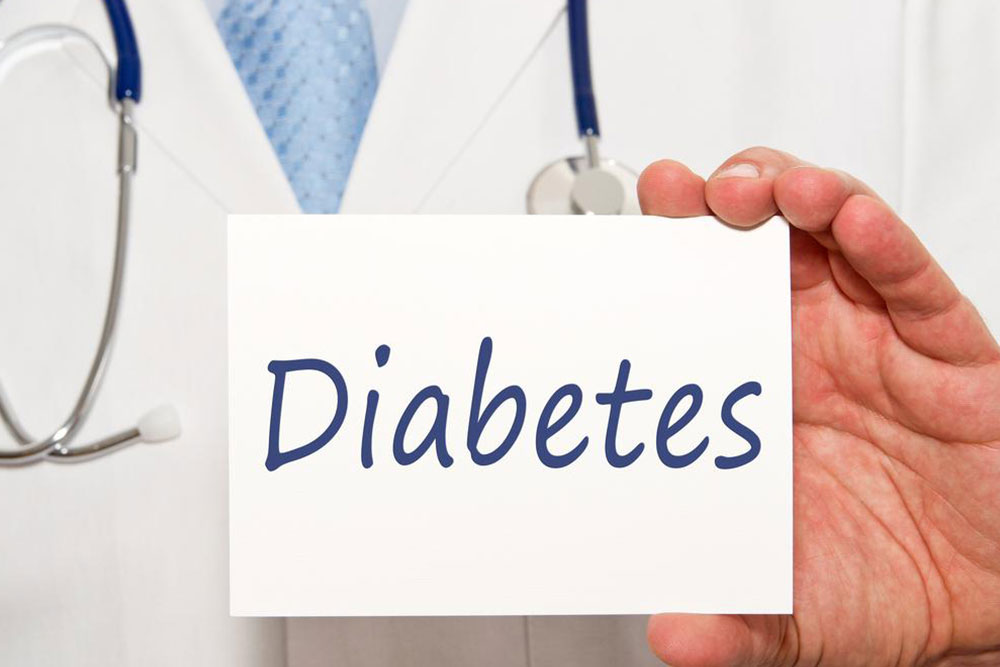Low blood sugar – Causes, symptoms and treatment
Low blood sugar, which is also called hypoglycemia, is a result of your body being unable to fuel all the cells in your body, due to low sugar in the blood. Also called as insulin reaction or insulin shock; this can be anything below 70 mg/dL or 3.8 mmol.
Causes of low blood sugar
A drop in blood sugar can be caused due to many factors. These include:
- The glucose in your body gets used up too quickly
- The production of glucose by the body is too low
- Glucose is released too slowly into the bloodstream
- If there is too much insulin in the bloodstream.

Certain infections like sepsis which affects the whole body
Symptoms of low blood sugar
The symptoms that you might face if you have low blood sugar are:
- Heart palpitation or rapid heart beat
- Sudden mood swings
- Fatigue
- Anxiety or nervousness
- Change in color and paleness of skin
- Headaches
- Hunger pangs
- Weakness
- Excess Sweating
- Insomnia or difficulty falling asleep
- Blurry vision
- Dizziness
- Tingling feeling all over your skin
- Inability to think or concentrate clearly
- Loss of consciousness
- Seizures
- Coma
How to prevent low blood sugar
Here are a few ways to help you prevent low blood sugar:
Eat nuts – Nuts contain unsaturated fats that slow down the body’s ability to absorb sugar, especially nuts like almonds, walnuts, and pistachios. Make sure to have around six almonds or walnuts the first thing in the morning on an empty stomach.
Eat whole grains – Whole grains like oat, barley and rye are all rich in fiber and contain a soluble fiber called as beta-glucan. Beta-glucan prevents your blood from running out of glucose too fast.however, whole grains also contain carbohydrates so make sure you don’t consume too much of it as carbohydrates will raise your blood sugar level
Eat vegetables – Vegetables are a good source of fiber. Non-starchy vegetables like broccoli, cucumber, and carrots can help keep your blood sugar levels in check. Vegetables like spinach and kale are rich in iron and phosphorous which is also good for your blood sugar levels, so include this in your diet too.
Never skip meals – Make sure you have all your meals through the day and not skip any. Your breakfast is the most important meal of the day, don’t skip it. Your lunch keeps you going through the day so fill your plate up with protein and energy filled foods. At dinner, you can have a smaller meal. Apart from these three meals, you should have tinier bites in between to regulate the glucose level in your body.
Exercise – It is very important to follow a consistent exercise regime. This helps regulate your blood sugar levels and contributes to the overall wellness of your body. Incorporate at least 30 minutes of physical exercise on a daily basis.




